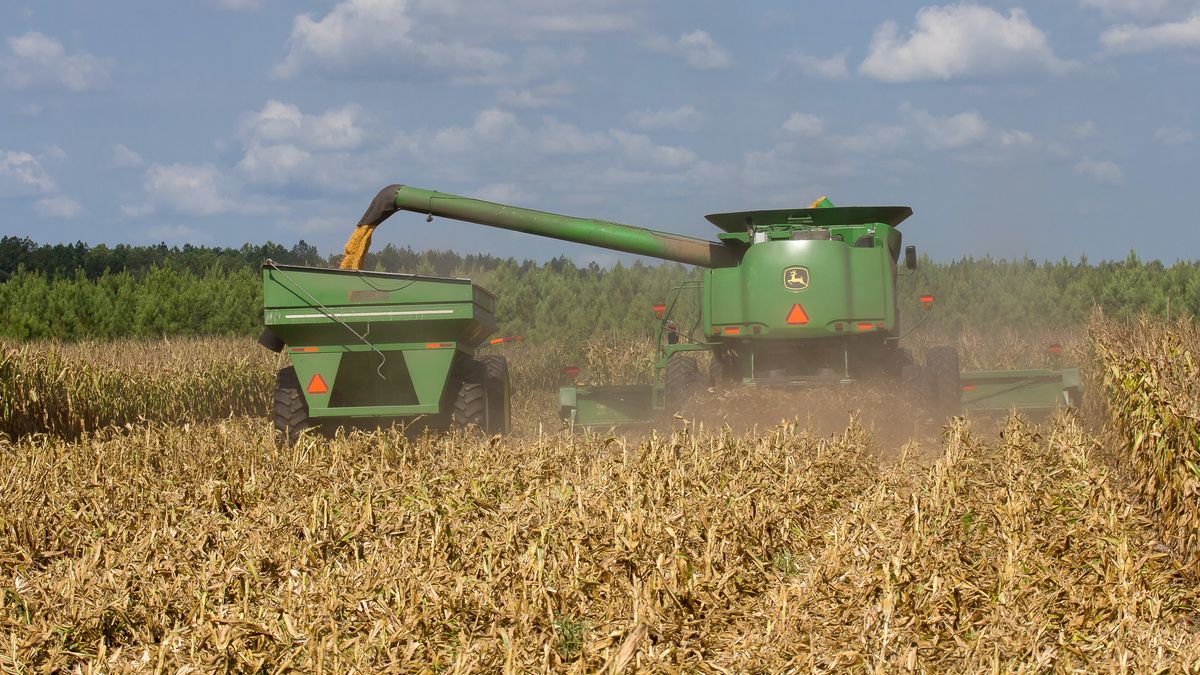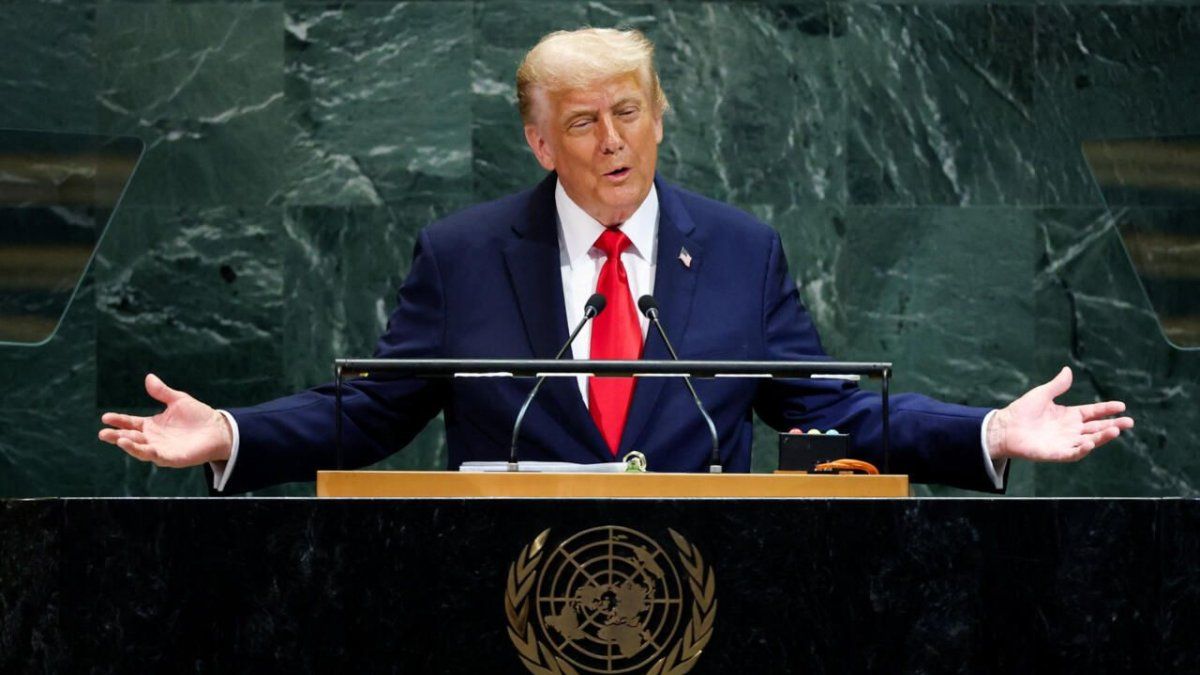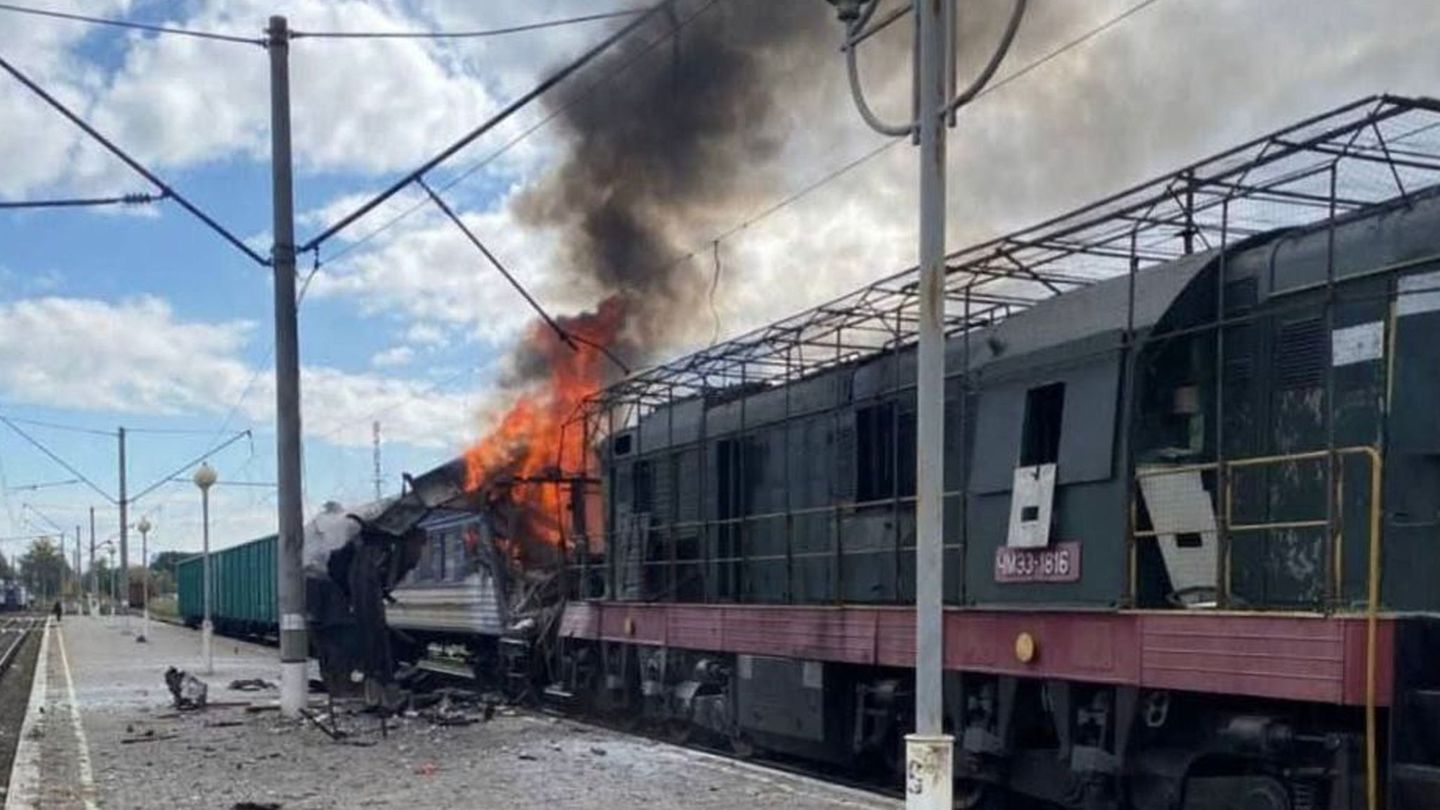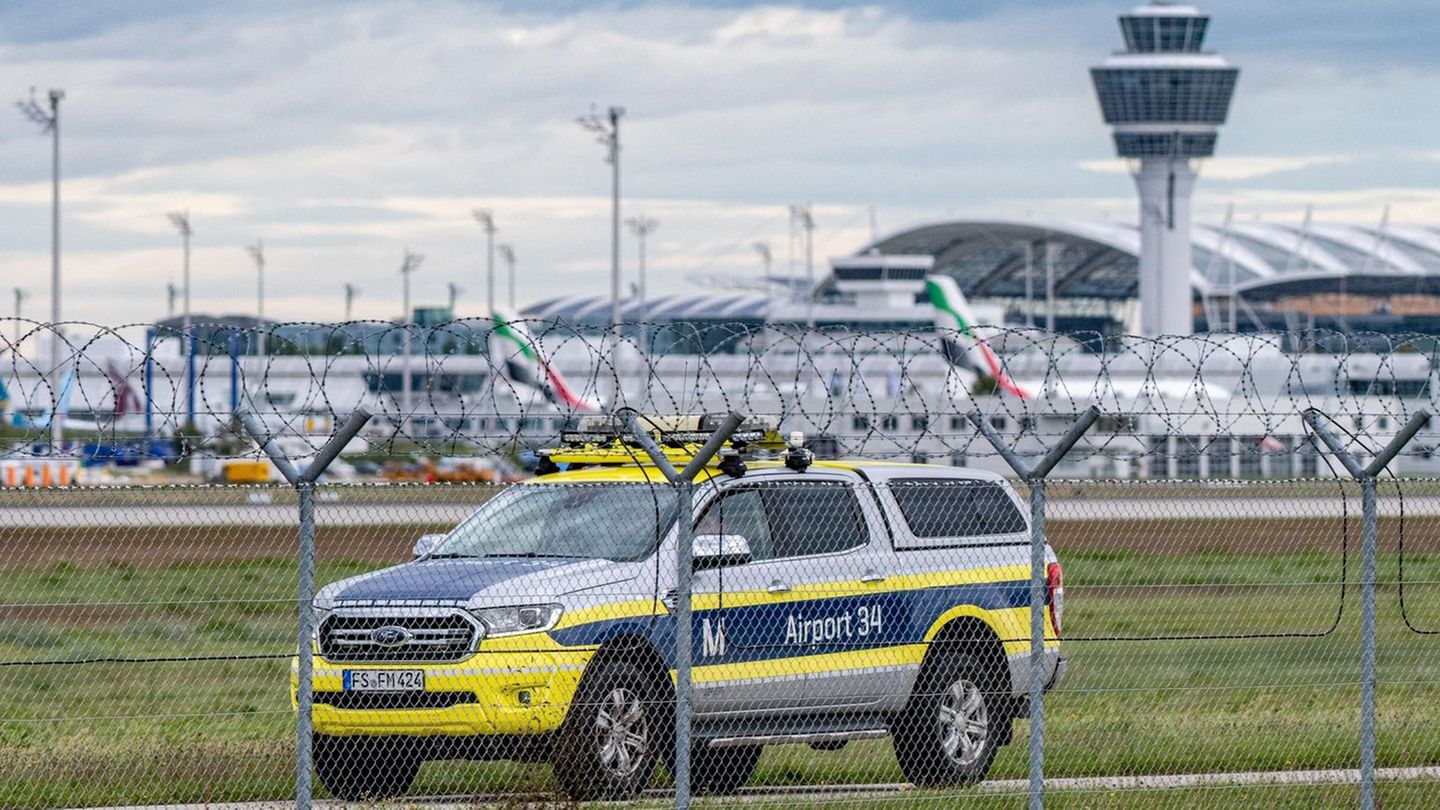This was stated in statements to Télam by the economist Orlando Ferreras, president of the homonymous consultancy, in an analysis endorsed by the heads of the chambers of the two indicated sectors, as Gustavo Weiss (Argentine Chamber of Construction) and Eduardo Borry (Argentine Chamber of Agricultural Machinery Manufacturers).
Ferreres, who was Secretary of Economic Programming for Minister Néstor Rapanelli in 1989, maintained that “there is a genuine growth in investment” based on an increase in demand, and encouraged in turn by what he characterized as “a kind of indirect subsidy” represented by the gap between the different exchange rates.
That difference, he said, encourages the import of capital goods, a phenomenon that was mitigated in part by the effects of the Russian invasion of Ukraine on the cost of transport and the use of containers.
Although the level close to 20% of the Gross Domestic Product (GDP) is still below the “desirable” 25%, the economist warned that the percentage is “quite important” considering the drop in consumption compared to previous years.
The gross fixed investment was not exempt from the fall in economic activity in general in the first stages of the pandemic, with year-on-year declines of 29.4% and 16.4% in the second and third quarters of 2020, respectively, according to the measurement of Ferreres.
The reversal of this trend began in the last part of that year, with an improvement of 5.1% compared to the fourth quarter of 2019, which was followed by a series of double-digit growth, protected by the low base of comparison that had left 2020.
Thus, the year-on-year increase in the IBF was 20.5% in the first quarter of 2021, 36.9% in the second, 21.3% in the third and 16.8% in the fourth.
At that time, the doubt among analysts was whether in 2022 it was going to be possible to continue with the positive trend, taking into account that the meager levels of 2020 were no longer available as a point of comparison.
It is precisely because of the growth of 14.7% in the first quarter (with an investment estimated at US$7,263 million per month) that Ferreres considers the increase in the IBF to be “genuine”. and, in terms of driving demand, he gave the agricultural machinery sector as an example, with units that “cannot be delivered until October”.
In this regard, Borri is enthusiastic and assures that, andIn the case of agricultural machinery, “we could extend the growth of the sector to more than six quarters”, since “for nine quarters it has been growing at a rate of 20% per year in sales and production”.
“At first the demand was great and the companies were not prepared to face it,” admitted the head of Cafma, who pointed out that later “the companies began to prepare and possibly now we have an installed capacity greater than the demand, but we have a stock important sales”.
Borri also highlighted that in the sector “we are generating around 5,500 direct jobs per year”, and warned about one of the bottlenecks in what he called ´the interior of the interior´: “we are short of labor, It’s hard for us to get people.”
In this sense, he indicated that “Last year we increased exports by 60%, although on relatively low values, and we went from US$50 million in 2020 to US$80 million in 2021.”
“In this quarter we would be showing a 35% increase in exports, which allows us to project a level of US$ 110 million for the whole year,” he added.
For his part, Weiss stressed that construction activity “has been growing since June 2020, shortly after the start of the pandemic, because public works were exempt from the confinement decree.”
Likewise, in a simultaneous phenomenon to that of the emergence of Covid-19 and the rethinking of work modalities, Weiss warned that “Under the cover of the gap between the different dollar rates, people began to look favorably on the possibility of building a house in a closed neighborhood or far from the big cities, or simply renovating their house.”
In this way, he argued, the sector is driven by public works and small private enterprisesmeanwhile “large private works are a little calmer, but as a whole the industry is at important levels”.
Borri also pointed out the importance of import substitution and said in this regard that “in some areas, in the last year of (the Presidency of Mauricio) Macri worked with 70% local production and 30% imports. Today that ratio is 90% and 10%”.
However, he expressed his precautions about the continuity of this improvement, based on the dependence on imported inputs. “So far we are not seeing significant complications and in the first quarter we have a growth of 17%, although it could happen that we are producing with inputs purchased in 2021 and there is still no real impact,” he admitted.
In the same way, Ferreres forecasts a slowdown in the growth of the investment index for the coming monthsin which the attention “will be focused on internal indicators such as the exchange rate, inflation and the evolution of consumption, and on external geopolitical factors”.
Source: Ambito
David William is a talented author who has made a name for himself in the world of writing. He is a professional author who writes on a wide range of topics, from general interest to opinion news. David is currently working as a writer at 24 hours worlds where he brings his unique perspective and in-depth research to his articles, making them both informative and engaging.




